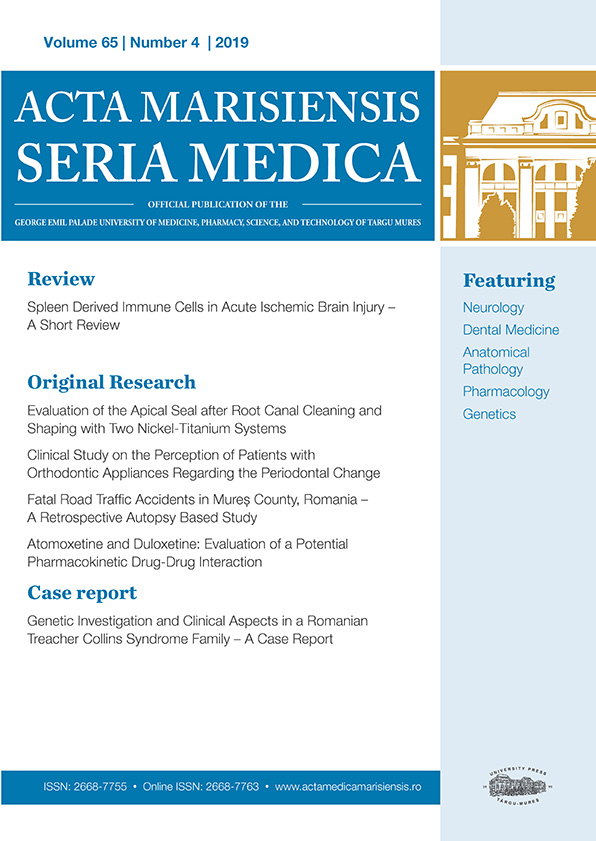Intermittent fasting for the management of NAFLD: is there enough evidence?
DOI:
https://doi.org/10.2478/amma-2023-0001Keywords:
NAFLD, dietary intervention, intermittent fasting, time-restricted feedingAbstract
The pathogenesis of the non-alcoholic fatty liver disease (NAFLD) has been described as multifactorial, with genetic and environmental factors acting synergistically and causing excessive hepatic lipid accumulation, insulin resistance, and downstream pathogenetic insults. High-calorie diets, particularly those rich in foods with high (saturated) fat and sugar content, and sugar-sweetened beverages, are among the behavioral risk factors with a crucial role in the disease pathogenesis. In addition, meal frequency and meal timing appear to be relevant factors associated with NAFLD.
Current guidelines recommend a hypocaloric, preferably Mediterranean diet as the main dietary intervention approach, but various other dietary models have been evaluated in patients with NAFLD. Among these, several intermittent fasting regimens have shown promising results. Diets based on Time-Restricted Feeding and Intermittent Energy Restriction have demonstrated some improvements in body adiposity, liver enzymes, and hepatic steatosis, but most studies included a small number of subjects, were of relatively short-duration, and used surrogate markers of NAFLD. The best intermittent fasting regimen for NAFLD is not yet known, and further well-designed research that evaluates the feasibility (mainly on long-term), safety and efficacy outcomes of these dietary interventions is still needed.
Our review has evaluated the up-to-date information regarding the intermittent fasting dietary intervention in NAFLD and generated some key-point messages that are relevant to physicians and dietitians involved in the care of patients with NAFLD.
Downloads
Published
How to Cite
Issue
Section
License
Acta Marisiensis Seria Medica provides immediate open access to its content under the Creative Commons BY 4.0 license.









